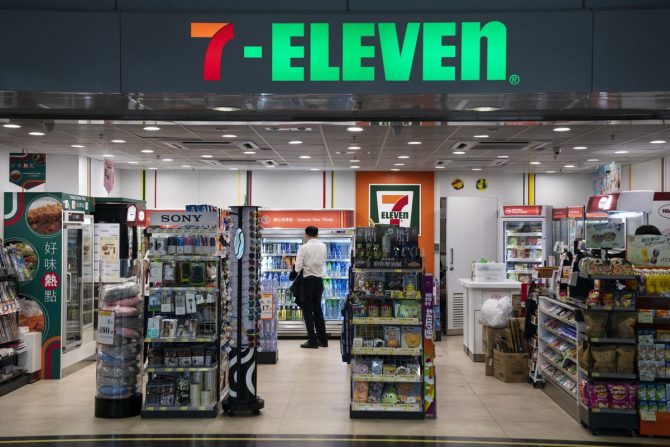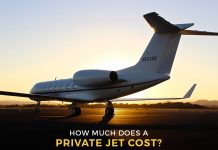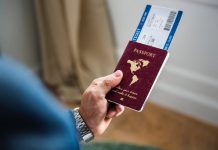Buying a 7-Eleven franchise can be a smart investment for those who have the financial resources and knowledge to manage a franchise business. However, there is much more to running a franchise than what is presented in the beginning.
The first and the most important thing to understand is the total investment required to start your franchise. This should include the purchase costs, the amount of opening capital, and your opening inventory you are going to require before you break even. Knowing these costs is vital because you do not want to run short of financial resources when you are on the brink of success and new profit.

The Average Cost of a 7-Eleven Franchise
The total investment cost for starting a 7-Eleven franchise ranges from $100,000 to $1,000,000. This, however, won't include future costs associated. The construction of the store, equipment needed to operate, initial inventory, utilities, and signage will need paid for, too. Around 120 square meters of floor space will be required.
You will have to pay salaries to your employees. It is worth noting that 7-Eleven provides its franchisees three different franchising options: business conversion program, single store franchise, and multiple store franchise. Also, if you qualify for a 7-Eleven franchise loan, you can borrow up to 100% of the franchise costs.
Cost Breakdown of a 7-Eleven Franchise
The liquid capital required ranges from $50,000 to $150,000. You need to have a net worth of at least $150,000, and your total investment should range from $35,000 to $1,500,000. Licenses and permits range from around $8,000 to $10,000. And lastly, insurance fees usually range from $1,500 to $7,500, depending on the size of the franchise.
Factors Affecting the Cost of a 7-Eleven Franchise
The cost of a 7-Eleven franchise is affected by many factors. The price is greatly influenced by its environment, such as location, cultural factors, government regulations, technological changes, and industrial development. The size of the franchise is another factor that affects its cost. Buying a larger franchise involves a higher purchase price but could mean bigger profits.
Additional Costs Associated with Purchasing a 7-11 Franchise
Franchisors will more often than not make charges for extra service offered to the franchise network, and it is of paramount importance for you to understand what extra fees you may need to pay. Some franchise networks, for instance, require franchise owners to contribute up to 2% of their turnover toward a national advertising budget.
You may also be required to attend regular training seminars organized by the franchisor. While some franchise networks don’t charge a penny for the training, the trainee would be expected to pay for their travel and accommodation expenses. As with any other business, all of these additional charges will be on top of the costs of purchasing a stock that any business needs.
Conclusion
Purchasing a 7-Eleven franchise can be a great way to own your own business and reap a profit if successful. When you acquire a franchise, it means you purchase the right to utilize an already established brand. With that said, before investing in a 7-Eleven franchise business, make sure you're aware of all the fees that you'll be expected to part with.
















